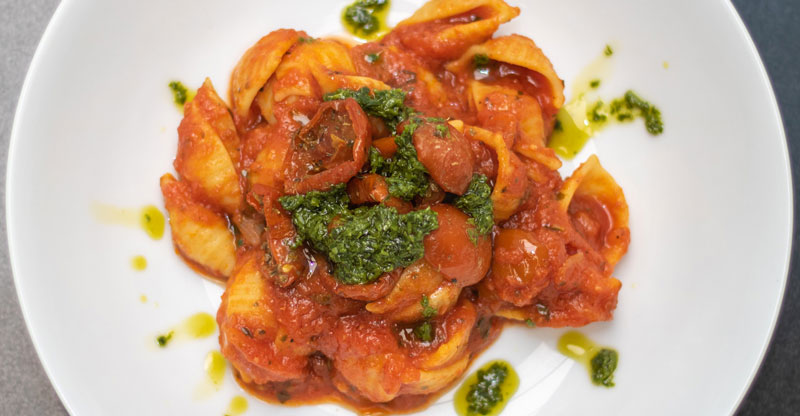
CO2 crisis: consumers being ‘held hostage’ with massive supplier cost hike, warns 2 Sisters
2 September 2022
- 2 Sisters Food Group owner Ranjit Singh Boparan says beleaguered shoppers – already facing the worst food inflation in 50 years – will ultimately pay the price with further price rises
- He expresses dismay and concern for consumers at massive UK C02 supplier ‘surcharge’ hike up to 20 times current levels – costing his businesses an extra one million pounds a week
- The anticipated shut down of CO2 producers is forcing users to seek a ‘non-existent’ import market, he argues, compounding existing supply problem
- “Once again, UK food security is under threat, the shopper loses, and we simply have no choice other than to pay to keep supply” he states
- He urges Government to intervene to support the food and drink sector
The founder of one of Britain’s biggest food producers has warned this year’s CO2 crisis has now intensified from a producer shut down issue to a wider price shock for consumers and CO2 users as a key supplier announced today (September 1st) an eye-watering price hike of up to 20 times current levels.
Ranjit Singh Boparan, the owner of 2 Sisters Food Group and Bernard Matthews, says the decision taken by a major UK supplier will ultimately compound the food inflation environment for shoppers and his businesses will have no choice but to swallow the increases.
Mr Boparan said: “This is a price shock just like we’ve seen with energy and all companies and households are feeling the pain right now. What is very sad is that it’s the UK shopper who will ultimately pay the price and CO2 suppliers are, in effect, holding consumers hostage.”
CO2 is a vital component in food production. It is used in the despatch of poultry and in packaging to extend shelf-life. CO2 is also vital in cooling systems for refrigeration purposes.
According to 2 Sisters analysis, the UK uses approximately 2000 tonnes of CO2 a day. With plants in Billingham and Wilton due for imminent closure, this accounts for 1300 tonnes alone. The current import capacity from Europe is around 600 tonnes, resulting in a huge supply squeeze and a £1m a week on-cost.
Mr Boparan added: “This is a very serious situation we are facing. Once again, UK food security is under threat and the shopper ultimately loses - we simply have no choice other than to pay to keep supply. C02 suppliers are saying these increases happen immediately. They say it’s a take it or leave it situation.
“When poultry cannot be processed, it means birds must be kept on farms where there is a potential implication for animal welfare. The overall effect is welfare is compromised, and there is a reduced supply. My businesses are resilient, and we will navigate our way through this current CO2 crisis in partnership with our customers and suppliers. But make no mistake - negotiation is not an option here with the suppliers.”
Mr Boparan has urged the Government to take the current crisis seriously. He added: “This is clearly a National Security issue and has to be dealt with as a matter of urgency. I’d like to see an acknowledgement of the problem and action to regulate the CO2 market, or at least consider price capping.”
Twelve months ago, Mr Singh made his first public intervention on the CO2 supply issue, arguing the crisis, coupled with the continuing lack of labour supply, could jeopardise food supplies and ruin Christmas.
In September 2021, a commercial decision by CF Industries to halt fertiliser production at two plants in the UK (at Stockton-on-Tees and Ince in Cheshire) – where CO2 is the main byproduct – meant normal food processing and production plants owned by Mr Boparan was under threat.
At the time, Mr Boparan said: I’d like to see CO2 supplies prioritised for the food sector so UK supply can be maintained and for the Government to support these fertilizer plants who are saying they’ve switched off because of the rising price of natural gas. It really beggars belief when such a key infrastructure operation can arbitrarily decide to switch off the taps because of price inflation. It is irresponsible and catastrophic for our sector. We can’t just down tools because of inflation. In my businesses, you have to roll up your sleeves as best you can and tackle it head on. Giving up and saying ‘inflation is too high’ is not an option.”
See all our news